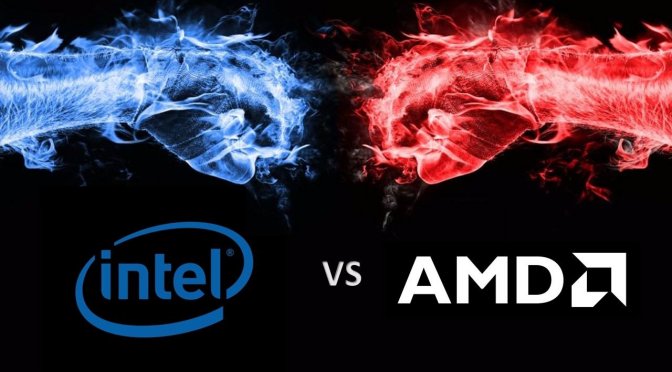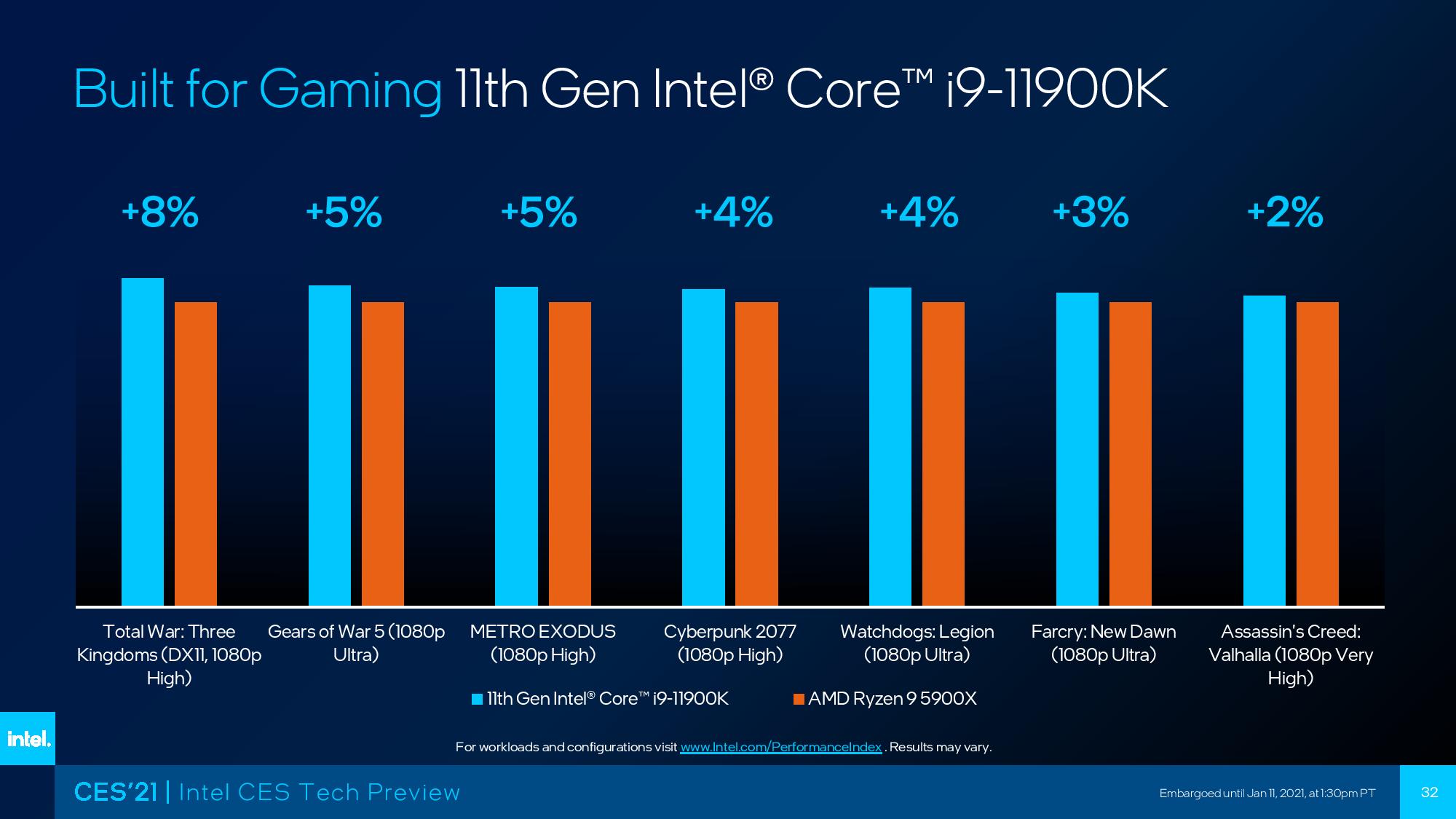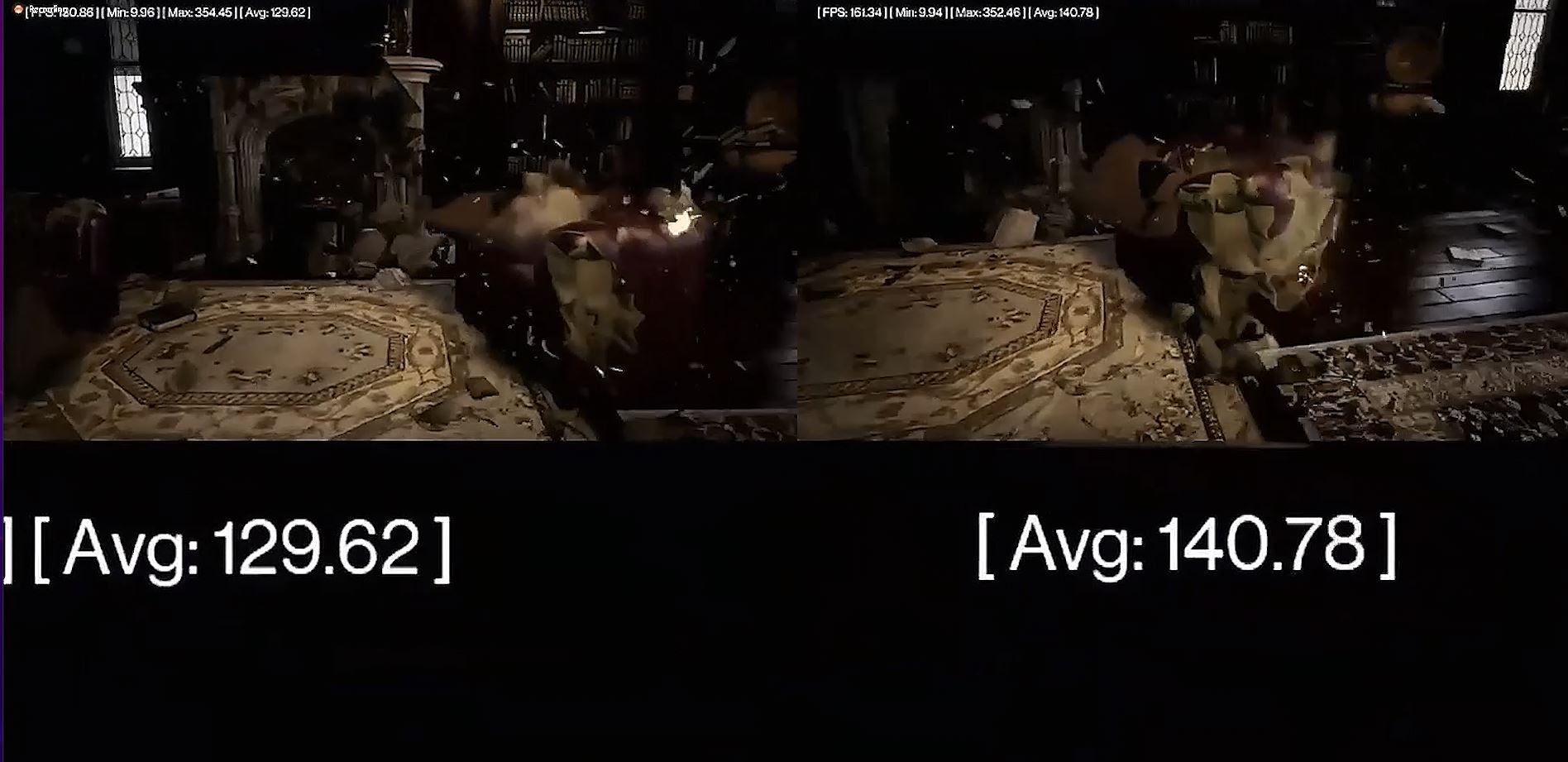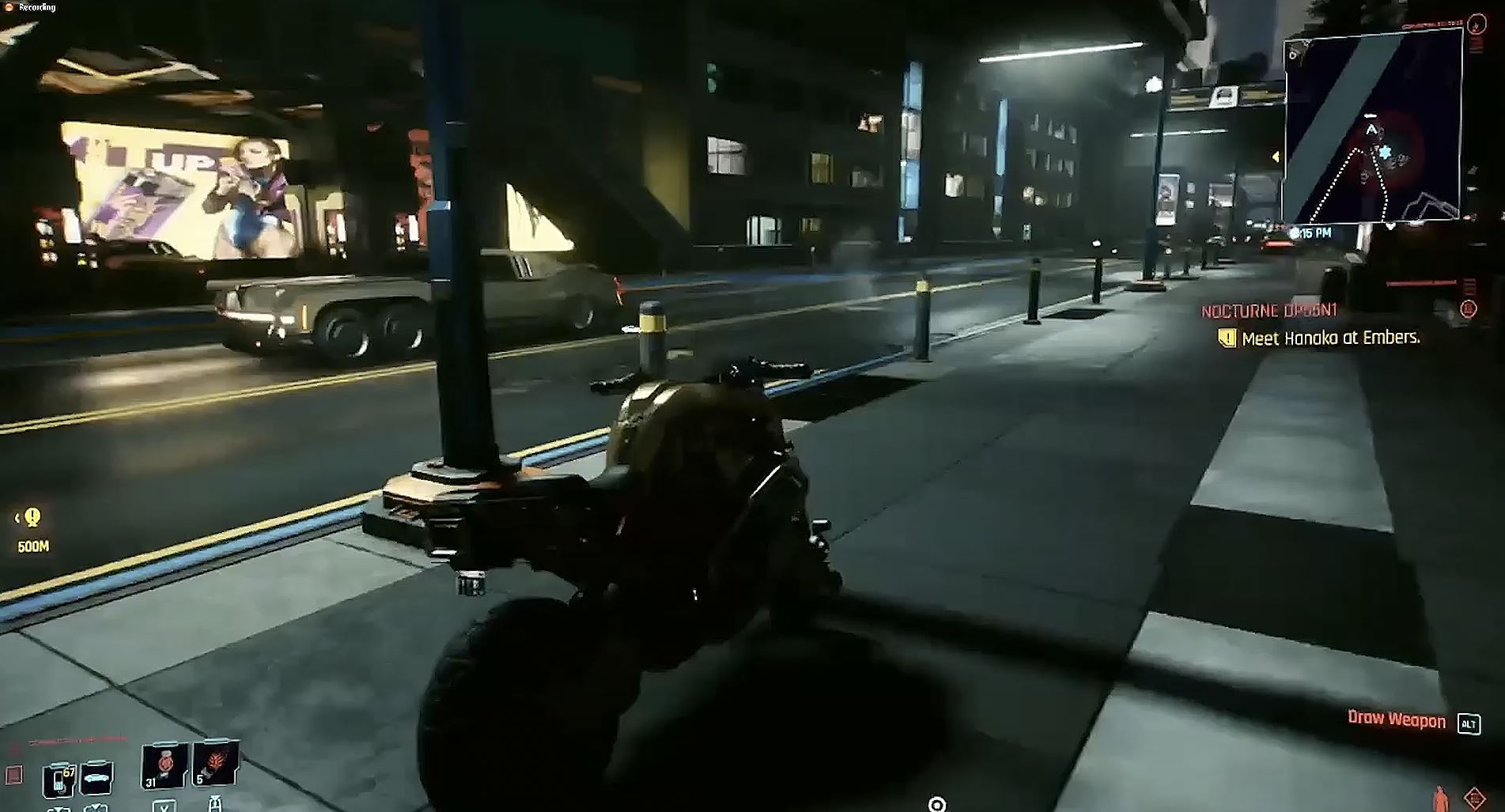At CES 2021, Intel allegedly announced its 11th Gen Core Rocket Lake-S series during the CES 2021 press briefing. Official announcement slides have been leaked as well, which shows almost 14% IPC Boost with 11th Gen CPU lineup. Some screenshots have also been shared by Geeknetic from the said presentation, showcasing Intel’s Rocket Lake-S CPU’s performance against AMD.
As mentioned in my previous article, Intel’s new Rocket Lake-S CPU beats an undisclosed AMD 12-core Ryzen in the Metro Exodus game. Now the company’s flagship Rocket Lake Core i9-11900K processor has been tested in a variety of games in CPU limited situations. Testing was done at 1080p resolution, and yes it includes the Cyberpunk 2077 game as well.
According to Intel the 8C/16T Core i9-11900K reclaims the gaming performance crown from AMD’s Ryzen 9 5900X at 1080p, albeit even by a small margin. Intel ran these tests with an EVGA RTX 3080 XC3 graphics card, and the company claims the lead ranges from 2% to 8%.
The gaming benchmarks which were tested include Total War: Three Kingdoms, Gears of War 5, Metro Exodus, Cyberpunk 2077, Watchdogs: Legion, Farcry: New Dawn, and Assassin’s Creed Valhalla.
All games were tested on the 1080p graphics settings to truly test the capabilities of the CPU. There appears to be a difference in performance range from 8% in Total War: Three Kingdoms game, which is a very CPU intensive title, to 2% in Assassin’s Creed Valhalla. On an overall aggregate basis, Intel’s Core i9-11900k is about 4.4% faster than AMD’s Ryzen 5900X CPU.
AMD’s new Zen 3-based Ryzen 9 5900X actually has more cores but it appears that Intel’s IPC performance is shining through, even on a refined 14nm process Node. Intel clocked its new Core i9-11900K processor at all the way up to 5.3GHz which is a pretty high clock speed for a CPU, thus helping it beat AMD’s Ryzen CPU in the end.
The company also compared an older generation Core i9-10900k processor (which is still based on the Skylake architecture), with the Core i9-11900k. The former flagship CPU scored 129 frames per second in Hitman 3, with the Core i9-11900k Rocket Lake CPU scoring up to 140 frames per second.
The company also showed off a demo of Cyberpunk 2077 running on the new Rocket Lake S platform paired with an NVIDIA RTX 3080 GPU. From the video we can see the game seemed to be fairly running smooth, but no performance/fps figures were given.
Rocket Lake will deliver desktop users up to eight cores and sixteen threads on the high-end, which means two cores and four threads less than the current Comet Lake processor lineup. But the reduction in core count could also mean that Intel plans to rely on increased single-threaded performance, thus boosting overall system performance through single-threaded gains.
Single-threaded performance will help Intel to compete more in the CPU market segment, even if AMD can deliver higher core count SKUs. Not all applications or tasks are highly multi-threaded in nature, which makes the single-threaded performance all the more important.
Intel claims that Rocket Lake’s IPC and frequency improvements offset the removal of the two cores, implying the chip will offer the same performance as the previous gen ten-core 10900K CPU.
Rocket Lake 11th Gen core series CPUs are expected to hit retail shelves by the end of March 2021. The RKL lineup will share the same LGA 1200 socket and motherboard compatibility as the current 10th Gen Comet Lake processors, thus providing an upgrade path even for those rocking the flagship Core i9-10900K Comet lake CPU.
Rocket Lake-S desktop platform is the last CPU architecture to be based on an advanced and refined 14nm process node. Intel has confirmed that the 11th Gen Core series features 20 PCIe 4.0 lanes off the CPU, which are 4 lanes more than the current 10th gen Comet Lake-S lineup.
The new Rocket Lake-S silicon or SoC is going to be known as ‘Cypress Cove’. Rocket Lake-S will be the first CPU lineup to offer PCIe Gen 4.0 support, along with enhanced overclocking and double-digit percentage IPC benefits over the current Comet Lake-S lineup.
Rocket Lake will use a 14nm back-port of the 10nm Sunny Cove cores found in the Ice Lake processors.
“Backporting” is a technique that allows Intel to take a new design built on a smaller process node, in this case 10nm, and put it on an older, larger node like 14nm. Also, the RKL CPU lineup will max out at 8 cores/16 threads. According to Intel, Rocket Lake-S will have a PL1 state value of 125 Watts and a PL2 of 250 Watts.
RKL lineup will also feature enhanced Intel UHD graphics that will use the company’s new Xe GPU architecture, which is projected to provide a 50 percent performance gain over Intel’s Gen9 graphics used on ninth-generation Intel Core processors.
Stay tuned for more tech news!
Hello, my name is NICK Richardson. I’m an avid PC and tech fan since the good old days of RIVA TNT2, and 3DFX interactive “Voodoo” gaming cards. I love playing mostly First-person shooters, and I’m a die-hard fan of this FPS genre, since the good ‘old Doom and Wolfenstein days.
MUSIC has always been my passion/roots, but I started gaming “casually” when I was young on Nvidia’s GeForce3 series of cards. I’m by no means an avid or a hardcore gamer though, but I just love stuff related to the PC, Games, and technology in general. I’ve been involved with many indie Metal bands worldwide, and have helped them promote their albums in record labels. I’m a very broad-minded down to earth guy. MUSIC is my inner expression, and soul.
Contact: Email




